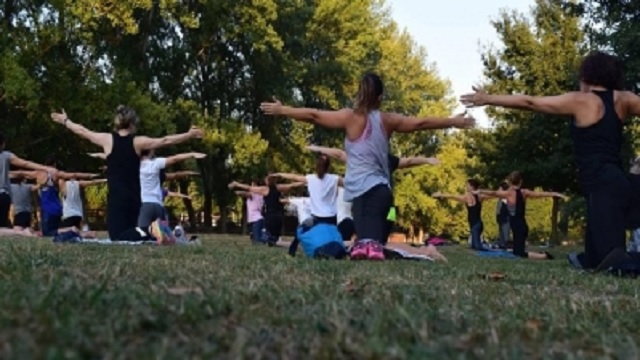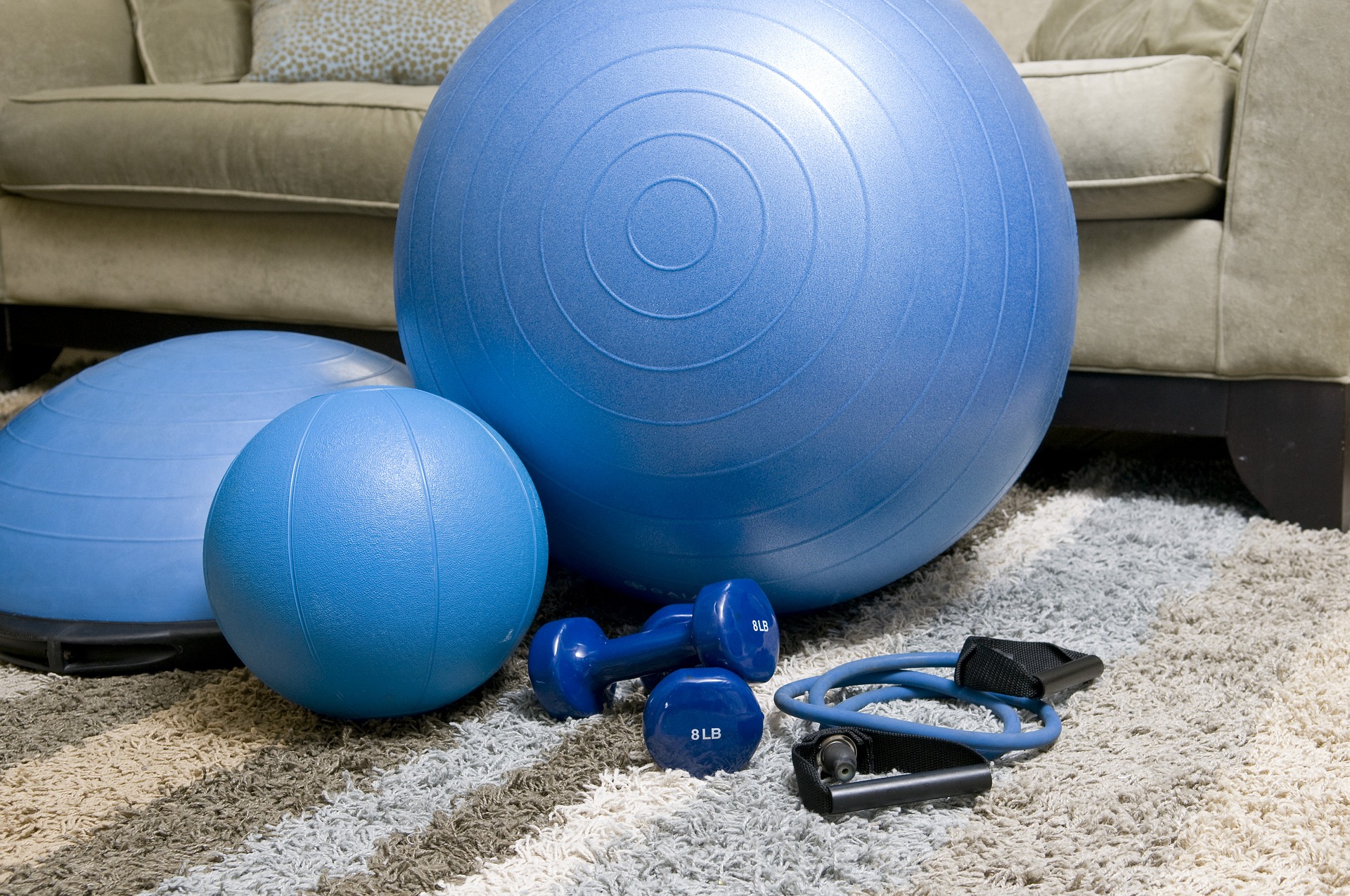Along with eating your greens and getting enough sleep, we all know the benefits of exercise are something we really should be harnessing. In the United States, the Centers for Disease Control and Prevention recommends adults ages 18 to 64 get 150 minutes of moderate exercise or 75 minutes of vigorous exercise each week.
Sounds easy, right? Yet, one way or another, many of us still end up watching a fitness influencer on TikTok demonstrate how to sculpt abs of steel, rather than pulling out one of the best mats. yoga and women’s resistance bands and get moving. (Guilty!) Indeed, a study 2018 (opens in a new tab) in national health statistics reports found that only 23% of Americans meet recommended activity levels.
If you need a little motivation, reminding yourself why you should sweat in the first place is a great way to get into the habit of frequent workouts, whether it’s running, HIIT, or strength training. As we’ll tell you, the positives run much deeper than a toned body. Grab your best reusable water bottle and listen to our eight reasons to sweat now. Warning: you will be jumping into a squat in no time…
Benefits of Exercise: 8 Reasons to Get in Shape
1. Builds Strength
One of the main benefits of exercise is that it helps to thin the muscles. It makes you stronger – terribly handy when you bring your groceries home –and makes you look seriously toned, which is also nice.
Plus, research has shown that just two weight training sessions, either with your body weight or by lifting weights, per week can boost your metabolism. This means you will burn fat, even at rest. Resistance exercises will also help fight osteoporosis by increasing bone density, and a UCLA study (opens in a new tab) discovered that more muscle equals a longer lifespan.
Then, bodybuilding exercises are good news! The bad news, however, is that we start losing muscle mass naturally in our 30s, so better dust off those dumbbells. (Or if you want a gear refresh, check out our picks for the best dumbbells for women.)
2. Improves Mood
Have you ever heard of the “runner’s high”? Well, working out to really improve your mental health is a thing. However, it’s not just pounding the pavements that will ward off conditions like anxiety and depression, but any form of exercise can trigger those happy vibes.
A study in The Lancet Psychiatry log (opens in a new tab) found that 45 minutes of training, three to five times a week, hit the sweet spot for calming the mind. Research has confirmed that physical activity releases feel-good chemicals, like endorphins and serotonin. Sign us up!
(Image credit: (Image credit: Getty Images))
3. Manages weight
If healthy fat loss is your goal, experts agree that nutrition is vital. However, upping your fitness game can, of course, also help you lose weight safely. Simply put, exercise increases the number of calories your body “burns” for energy, creating – based on the calories you consume – a “calorie deficit” with slimming results.
What else, a sports medicine study (opens in a new tab) showed that incorporating cardio – such as running, biking or swimming – into your workouts has an appetite-reducing effect, by influencing your hunger hormones. But you need to graft a little: a study 2020 (opens in a new tab) found that those who exercised 300 minutes per week lost more weight than those who exercised twice in the same amount of time.
4. Increases energy
Although slipping out of bed to go to a spinning class may seem like a paradoxical way to feel less tired, the medical evidence (opens in a new tab) it really is. Physical activity leads to the production of mitochondria – the powerhouse of your body’s cells – which, in turn, supercharges your energy intake.
Plus, exercise also increases the flow of oxygen, which helps your body use the energy it has more efficiently. And which, in turn, will make you more likely to head for that HIIT course. New to the gym? Try these beginner workout moves to get started.
5. Improves self-confidence
Now, just because fitness isn’t supposed to change how you look – exercise should be primarily about how it makes you look. feel (which according to point two should be damn good).
What it’s really about is that research has shown that exercise can boost self-confidence. A study 2017 (opens in a new tab) discovered that exercising helps you feel better about your body image. The researchers found that just one 30-minute sweat session was enough to provide huge self-esteem benefits, unlike the activity they compared it to, reading. (FYI, the latter brought none – though there’s no shade on a good book!)
(Image credit: (Image credit: Getty Images))
6. Sleep Aid
Do you regularly find yourself lying awake at night and having trouble falling asleep? If a cup of chamomile tea and the best meditation apps still aren’t enough, it’s worth taking steps to increase the amount of movement you do.
There is an abundance of to research (opens in a new tab) which showed how exercise effectively improves the quality and duration of sleep. A study in the Mental health and physical activityyour journal (opens in a new tab) even found that doing 150 minutes of cardio a week resulted in a 65% improvement in nap time. Sweet dreams, indeed.
7. Improves Intelligence
An unexpected reason to put on your sports clothes, but which we will absolutely accept. According to research, regular workouts can help you become smarter by improving your cognitive functions. A Economics and human biology study (opens in a new tab) found that regular exercise can increase it by 15%.
Although science doesn’t yet know exactly how it does this, it does – naturally – have some interesting theories. For example, physical activity increases the supply of oxygen and blood to the body, which promotes brain power. There are also suggestions that it increases the size of the hippocampus, the brain area crucial for verbal memory and learning. Clever!
8. Protects Overall Health
It’s a less sexy reason why working out should stay at the top of your to-do list, but it may be the most important of all.
You will know that a sedentary lifestyle is not very healthy. In fact, it’s worse – dramatically increasing everything causes of death, including your risk for cardiovascular disease, diabetes and obesity, as well as colon cancer and high blood pressure.
On the other hand, staying active will help reduce your risk – and a Oxford University Study 2021 (opens in a new tab) found that there were no limits, for example, to its positive impact on heart health. So what are you waiting for?!
 AD Roberts
AD Roberts





